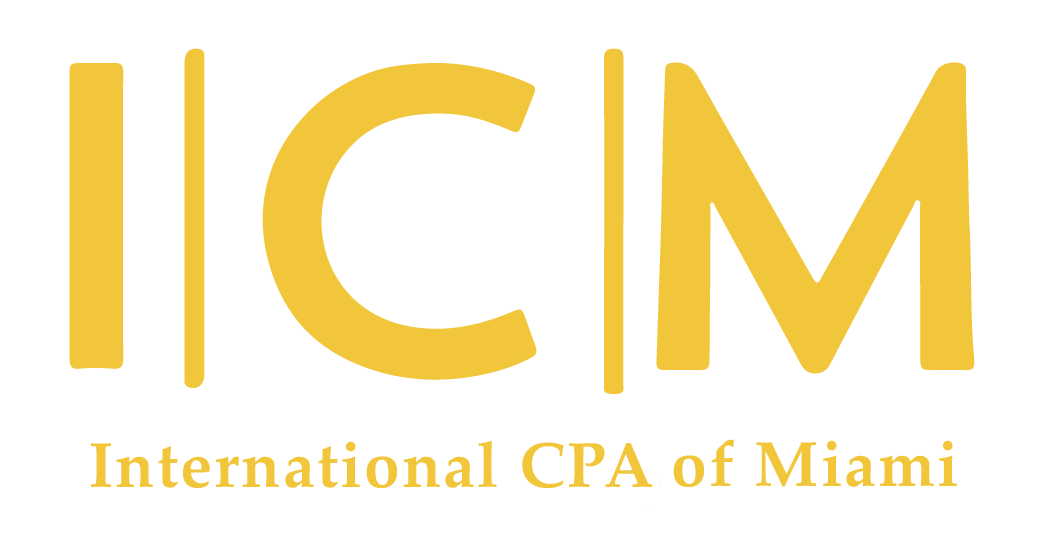IRS Criminal Investigation Voluntary Disclosure Practice
You have a legal duty to fully comply with U.S. tax laws. "Voluntary compliance" is the cornerstone of our tax system. While most taxpayers voluntarily comply with their obligations, some fail to do so. We have a wide variety of civil and criminal sanctions that we may impose on non-compliant taxpayers. Failure to voluntarily comply may result in imprisonment, fines, and penalties.
If you have willfully failed to comply with tax or tax-related obligations, submitting a voluntary disclosure may be a means to resolve your non-compliance and limit exposure to criminal prosecution.
Use tab to go to the next focusable element
What is the Voluntary Disclosure Practice?
The Voluntary Disclosure Practice is a longstanding practice of IRS Criminal Investigation (CI). CI takes timely, accurate, and complete voluntary disclosures under consideration when determining whether to recommend criminal prosecution. A voluntary disclosure will not automatically guarantee immunity from prosecution; however, a voluntary disclosure may result in prosecution not being recommended.
A voluntary disclosure occurs when you provide a truthful, timely, and complete disclosure to CI through designated procedures. It also requires you to:
Cooperate with us in determining your correct tax liability and
Make good faith arrangements with us to pay - in full - the tax, interest and any applicable penalties you owe.
A disclosure is timely if we receive it before we have:
Commenced a civil examination or criminal investigation
Received information from a third party (e.g., informant, other governmental agency, John Doe summons, etc.) alerting us to your noncompliance
Acquired information directly related to your specific noncompliance from a criminal enforcement action (e.g., search warrant, grand jury subpoena, etc.)
Who may disclose
The Voluntary Disclosure Practice is a compliance option if you have committed tax or tax-related crimes and have criminal exposure due to your willful violation of the law. Taxpayers who participate in the Voluntary Disclosure Practice intend to seek protection from potential criminal prosecution. If your violation of the law was not willful, you should consider other options including correcting past mistakes by filing amended or past due returns. See the box “Voluntary Disclosure Not for You?” for useful links on other options.
Note: This practice does not apply to taxpayers with illegal sources of income. Income from activities determined to be legal under state law but illegal under federal laws is considered illegal source income for purposes of the Voluntary Disclosure Practice.
How to disclose
There is a two-part process to request to participate in the Voluntary Disclosure Practice. To apply for the Voluntary Disclosure Practice, you must first:
Fill out Part I of Form 14457, Voluntary Disclosure Practice Preclearance Request and Application (PDF) to request preclearance. Preclearance determines your eligibility for the practice but does not guarantee preliminary acceptance into the practice.
Submit Part I by either:
Fax: 267-466-1115; or
Mail:
IRS Criminal Investigation
Attn: Voluntary Disclosure Coordinator2970 Market St.
1-D04-100
Philadelphia, PA 19104
Once you have received preclearance confirmation, you must submit Part II of the Voluntary Disclosure Application within 45 days or make a written request for additional time. Extension requests will be approved on a case-by-case basis. No more than one, 45 day, extension will be permitted.
CI will review your submission on Part II of Form 14457 and determine if you can participate in the Voluntary Disclosure Practice. If approved to participate, CI will provide you with a Preliminary Acceptance Letter, and CI will forward your Form 14457 to a civil section of the IRS. Once your case is assigned, an examiner will contact you.
You must cooperate with the examiner in providing documents and information. See Interim Guidance Memo LB&I-09-1118-014, Updated Voluntary Disclosure Practice (PDF), for the most current Voluntary Disclosure procedures.
Contact and feedback
For questions regarding status of pre-clearance requests or preliminary acceptance, taxpayers/representatives may contact IRS-CI via email at VDP@ci.irs.gov.
We welcome feedback to further improve Form 14457 and the Voluntary Disclosure Practice. Please provide your feedback to: lbi.practice.unit.public.feedback@irs.gov
